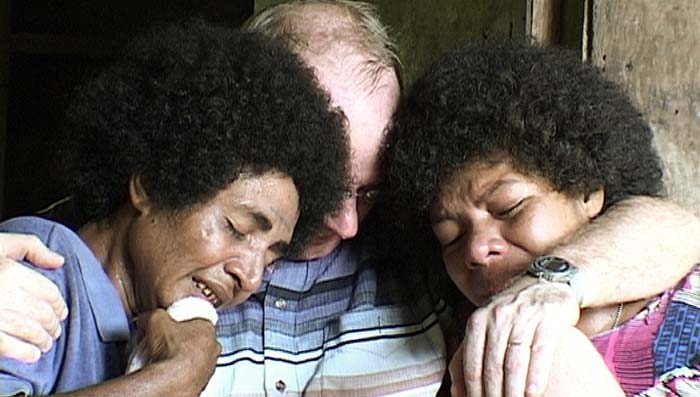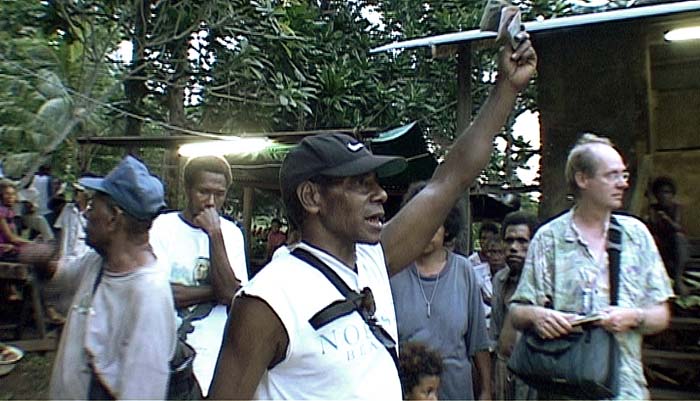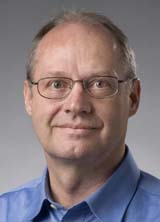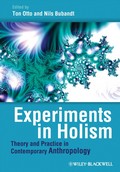
TON OTTO,
THE CAIRNS INSTITUTE, JAMES COOK UNIVERSITY The Cairns Institute In January 2010 I took up an appointment at the newly established Cairns Institute, which is part of James Cook University. The aim of this institute is to be an outstanding socio cultural research, consulting and training institution focusing on the tropics, and distinguished by academic excellence, professionalism,
My background

Figure 2. Ton Otto receives a bunch of betelnut at an official function on Baluan Island, July 2009 (Photo by Eva Otto) Thematically I have studied the emergence and use of notions of culture, tradition, heritage, history and development, and how these notions are connected with practices of indigenous agency and social change. These themes I have explored through the study of 'cargo cults', religious conversion, cultural revival movements, and political and economic reformation. An important focus has been to outline the interplay between social and cultural conditions on the one hand and the orientations of social actors involved in the enhancement of their own social environment on the other. As part of this I have looked at processes of resource management through (changing) definitions of ownership, at the development of new types of identity and authority, and at the employment of 'tradition' as an explicit register of culture used for giving shape to the future. Through an understanding of the temporality of traditions I have come to realise the central importance of time as a key dimension in the construction of personhood and agency. My main publication focus in the near future is to write a number of articles and a monograph on the issues of agency, culture, temporality, and change in the recent history of Manus, which will bring to light my recent fieldwork on the emergence of a concept of cultural heritage (kalsa), which is different from the earlier focus on tradition (kastam), involves different notions of personhood and agency, and is related to the increasing globalisation of rural Melanesia. The interplay of these different orientations in contemporary social life is also the subject of a film on the 2006/7 cultural festival on Baluan Island, which is under preparation in collaboration with filmmaker Christian Suhr Nielsen. 

Figures 3 and 4. From the film Ngat is Dead (2009), camera Christian Suhr Nielsen It is my intention that both the film and the written work have an applied dimension, as I am concerned with the question of how indigenous agency can impact on processes of change. All my ethnographic work is based on the principle of dialogue and reflects local concerns. Therefore my various publications aim to be of relevance for improving the quality of life in Melanesia, which includes the development of an understanding of the role of cultural heritage, culture festivals, international tourism, museums, art, and modern media. I have an ongoing project with a Port Moresby-based Manus painter, Joe Nalo. In Denmark I have been involved in collaborative work with scholars from the fields of design, engineering and information technology in order to explore the role of ethnography in processes of change and planned innovation. I expect that this experience will be valuable for my work in Melanesia and beyond.
Research group At the Cairns Institute I am working towards establishing a research group with the provisional title: Culture, Agency and Change. This research group is dedicated to investigating the conditions of people and societies in the tropics, their diverse histories and cultural traditions, their imaginations of the future, and the processes of change they are caught up in. The members of the group share an interest in critically engaged research: how does our knowledge influence collective social action — of which it is a part — and how does it contribute to the reflexive agency of people in the tropics, assisting them to act upon their cultural, social and natural environment. If you are interested in participating in this research group, as visiting fellow, postdoctoral researcher or doctoral student, please contact me by email. |
|
 Figure 1. Ton Otto portrait, Moesgaard Museum Photo- and Medialab (2009)
Figure 1. Ton Otto portrait, Moesgaard Museum Photo- and Medialab (2009)
